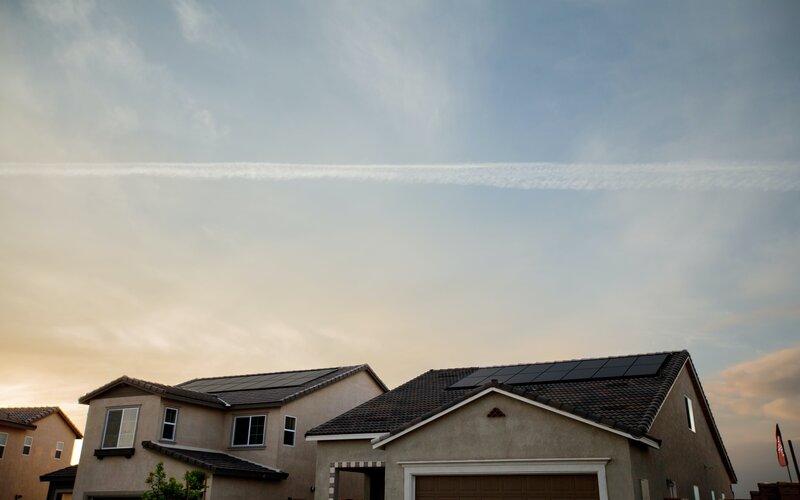The Australian Bureau of Statistics (ABS) figures come as a bit of a shock with markets and economists mostly agreeing the rate would rise by 0.3% to 5.4%
ABS Chief economist Bruce Hockman said the interviews that collect the data were conducted in the first two weeks of March so the figures don't yet show the full fallout of COVID-19.
“Today’s data shows some small early impact from COVID-19 on the Australian labour market in early March, but any impact from the major COVID-19 related actions will be evident in the April data,” Mr Hockman said.
“Given the expected unseasonal change in key labour market indicators in the current COVID-19 context, the ABS will increase the focus on seasonally adjusted over trend data estimates for April and subsequent months.”
In March, unemployment increased by around 20,300 people to 718,600.
Underemployment also marginally increased by 0.1% to 8.8% in March and increased by 0.4% over the past year.
The largest increases in employment were recorded in Victoria (up to 13,300 people) and South Australia (up to 3,500), while Western Australia and Queensland saw the biggest decreases (down 6,200 and 5,600 respectively).
Prior to the release, Treasurer Josh Frydenberg also predicted the rate would rise to 5.4% and said it was highly unlikely it would move past 6%, given when the data was collected.
"Obviously it will go up," Mr Frydenberg said on ABC radio.
"The data was assembled in the middle of March so it doesn't take into account longer unemployment lines."
Want to earn a fixed interest rate on your cash? The table below features term deposits with some of the highest interest rates on the market for a six-month term.
Mr Frydenberg said on Wednesday he expected the unemployment rate to peak at 10% in the June quarter but stressed things could have been much worse.
"In the absence of the $130 billion JobKeeper payment, Treasury estimates the unemployment rate would be 5 percentage points higher and would peak at around 15%," he said.
"More than 800,000 businesses have already registered for the JobKeeper payment which will allow the economy to recover more quickly once we are through to the other side of the crisis."
NAB economists, who tipped the March figures to hit 5.7%, said they expected Australia's rate to rapidly rise, with recovery not expected until the end of 2021.
"Rather, the impact on unemployment is likely to be immediate – and show up first in the April labour market statistics," they said.
"With the fall in GDP quite extreme, unemployment could normally be expected to rise further.
"However we expect that the “JobKeeper” package will help to contain unemployment at around 11¾% by mid year with little improvement in the back half of 2020.
"With a weaker growth profile (and longer time to return to previous growth levels) and the expiry of some fiscal packages (e.g. JobKeeper after 6 months, and short term business incentives) we would now see unemployment still at around 7½% by end-2021 (previously around 7%)."
Meanwhile, CommBank economist Craig James said a lift in underemployment as well as unemployment would serve to restrict a quick recovery.
"While unemployment has scope to spike higher over the next few months, there is also the prospect for businesses outside those of tourism-dependent areas to rebound late in 2020 and early 2021, supported by substantial government and central bank assistance measures," Mr James said.
"Increased rates of underemployment, underutilisation and unemployment all will serve to restrict consumer spending, in turn affecting other businesses with effects cascading across the economy.
"While there is scope for a ‘V-shaped’ recovery of the job market, it is far from assured. Much depends on an easing of restrictions by Federal, State and Territory governments."








 Denise Raward
Denise Raward


 Emma Duffy
Emma Duffy
 Rachel Horan
Rachel Horan

